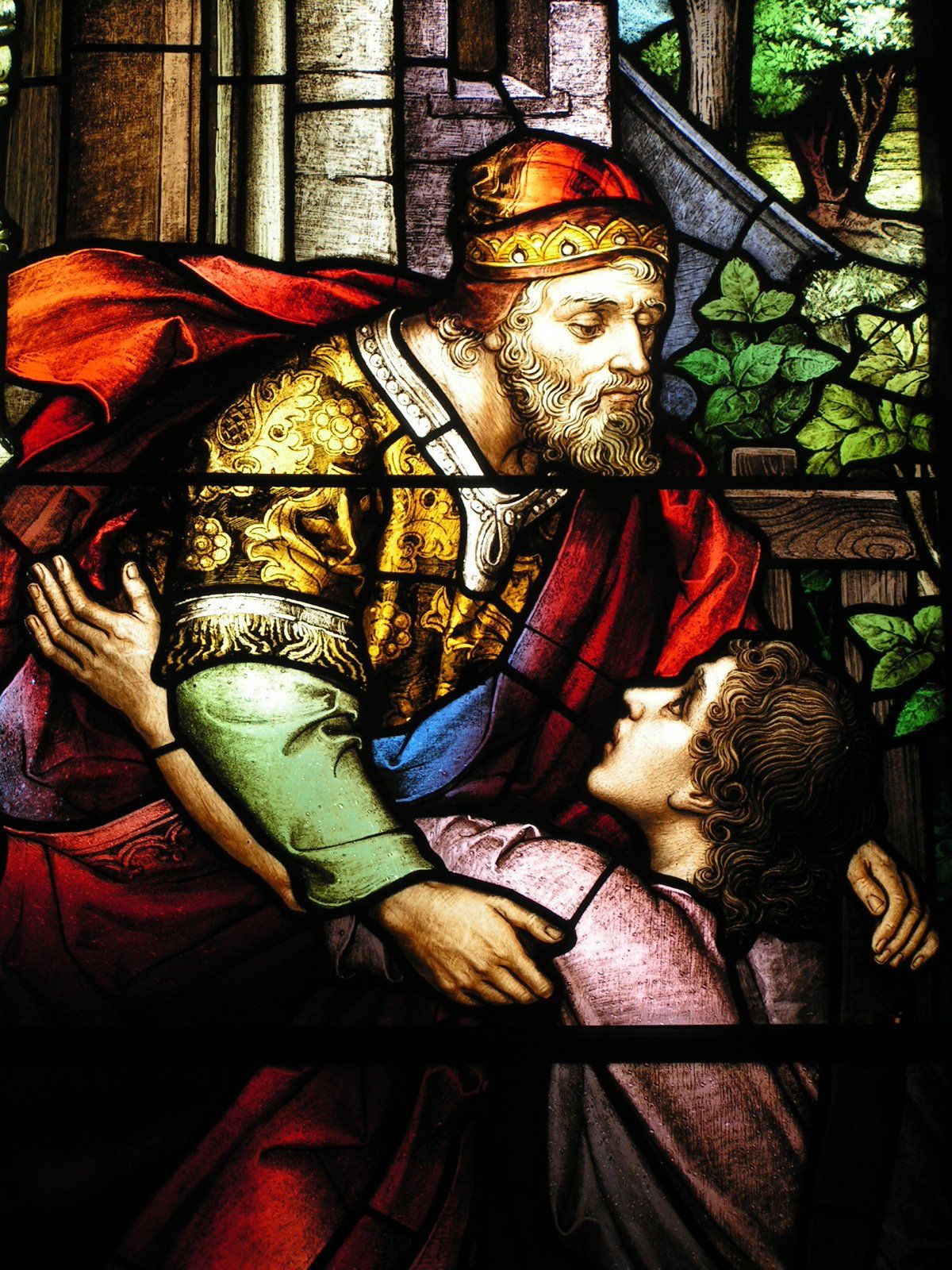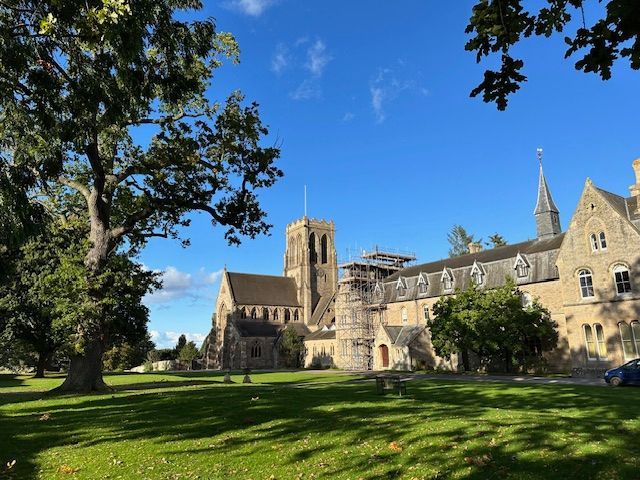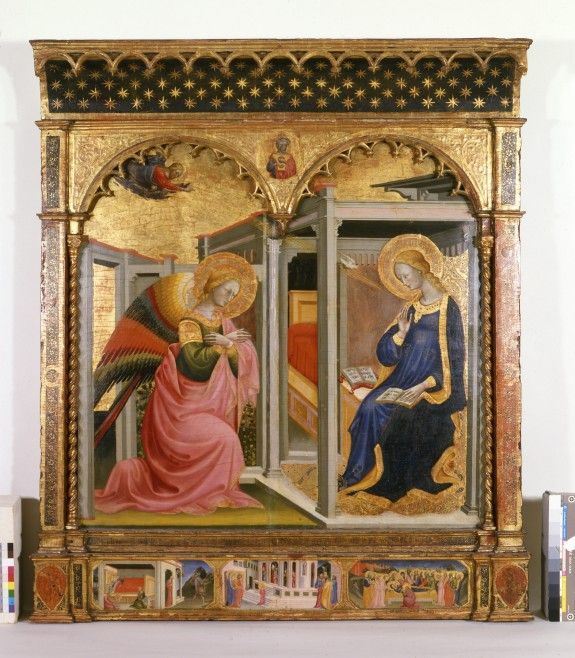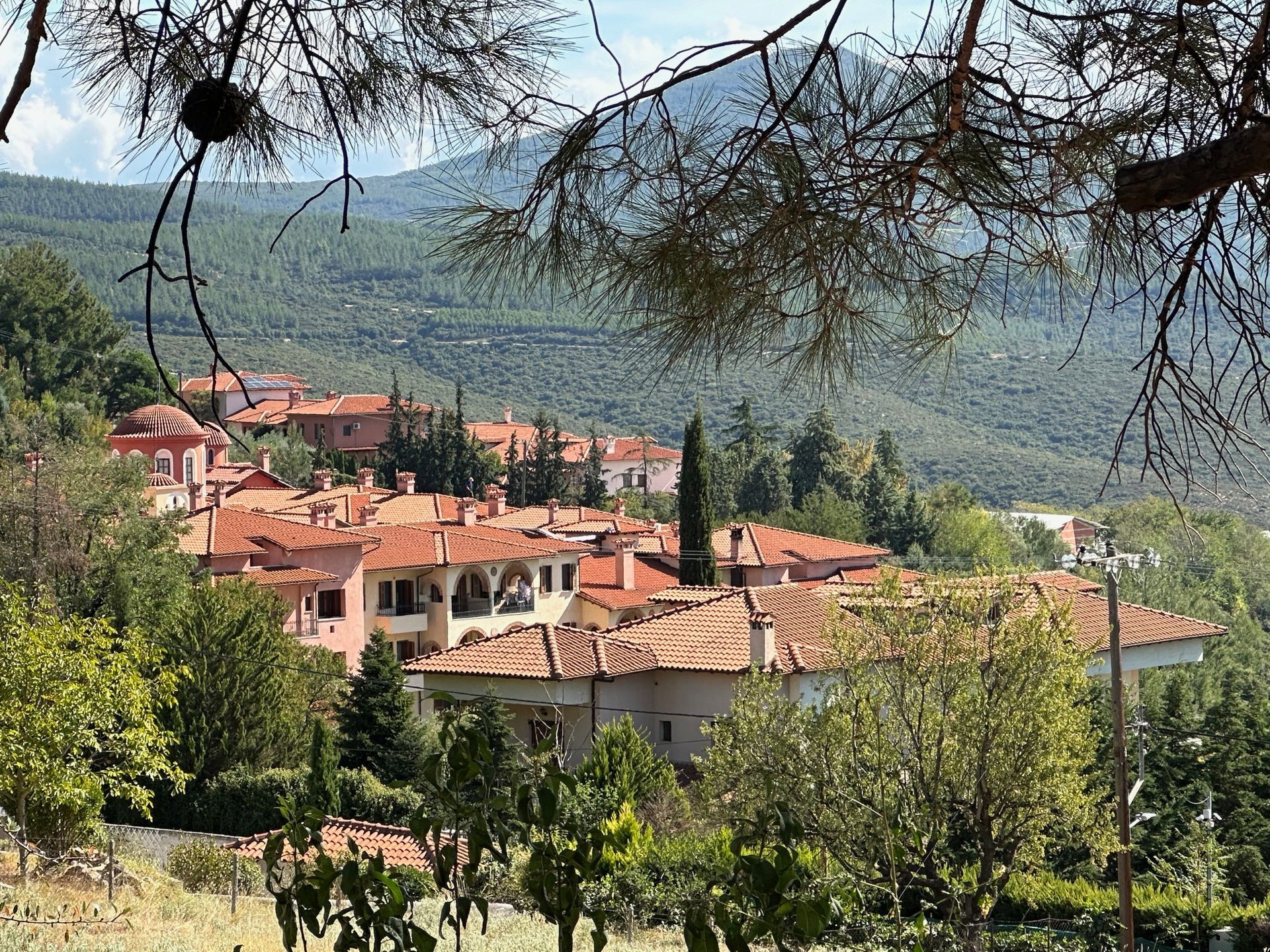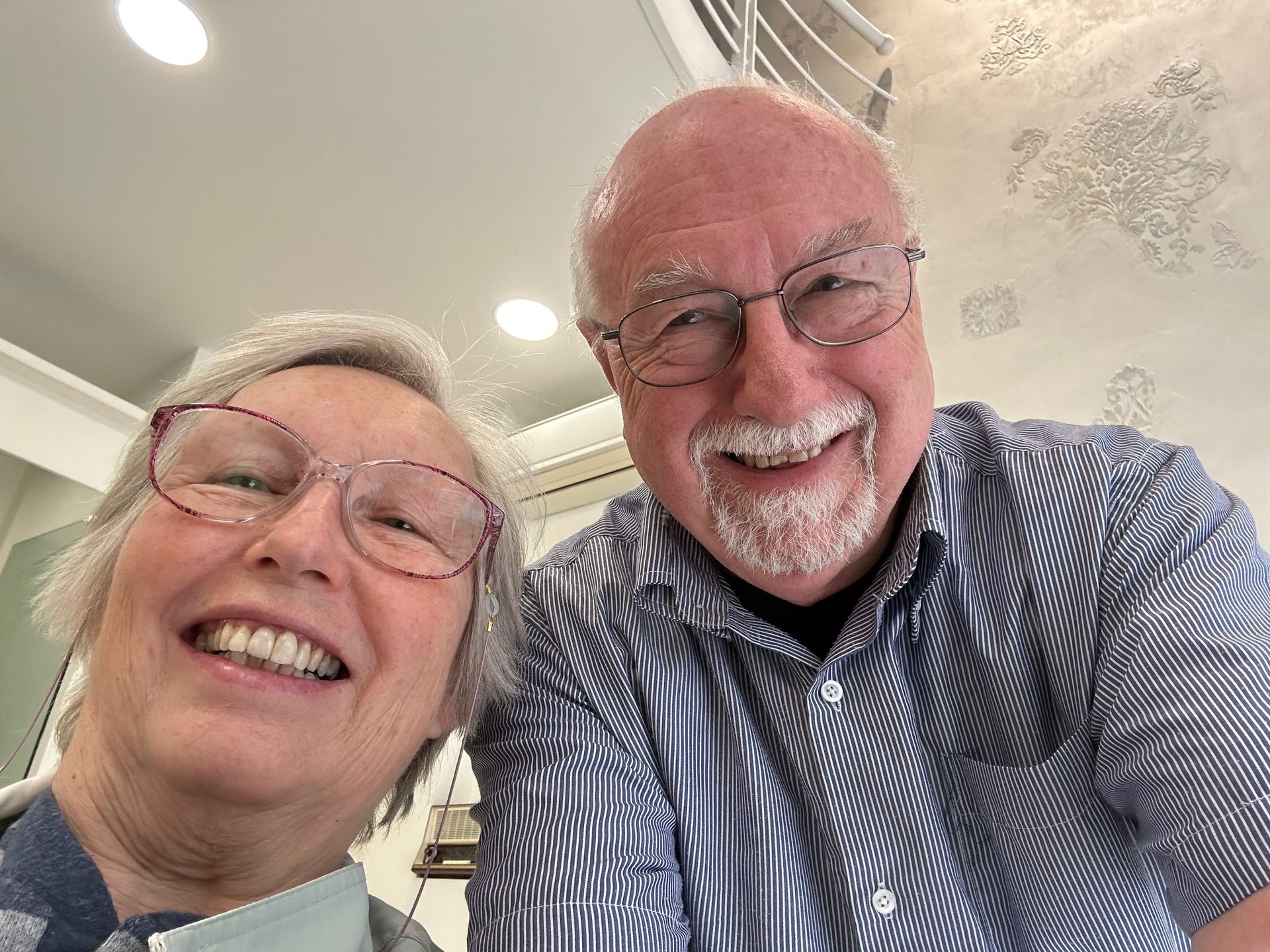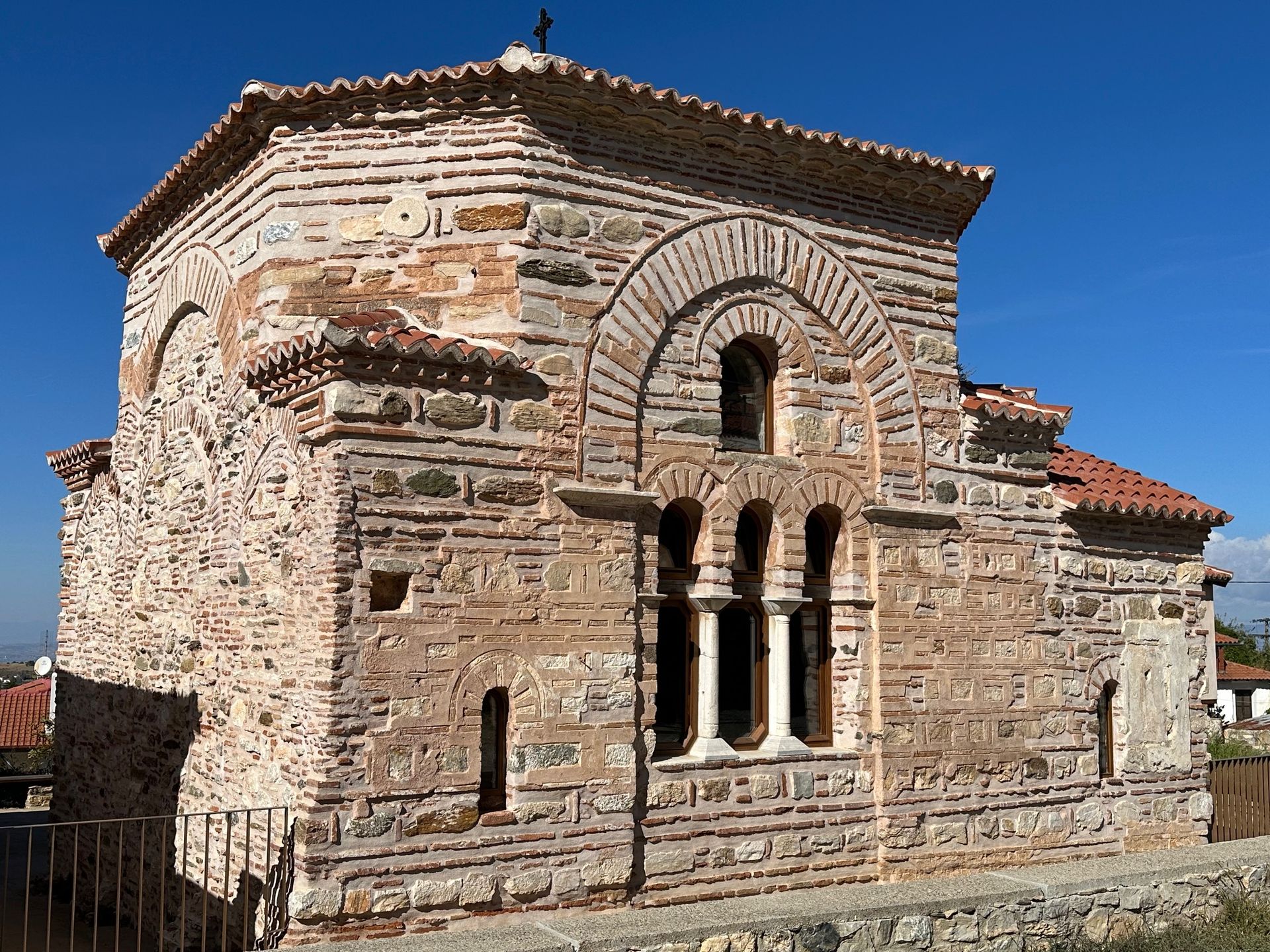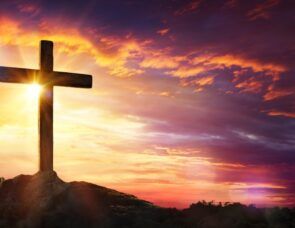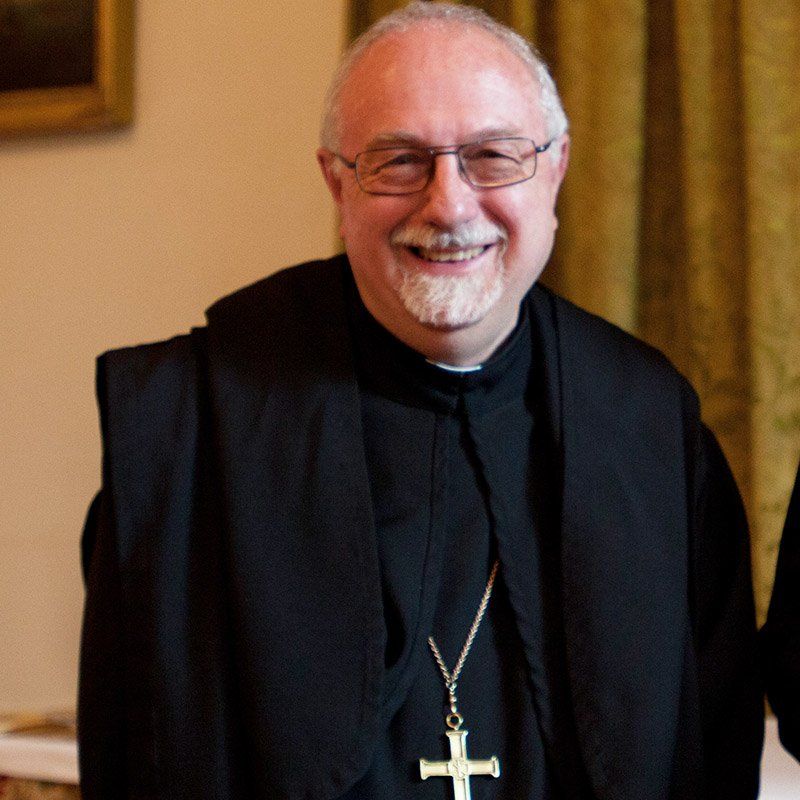Message from Fr Paul for Sunday 27th March
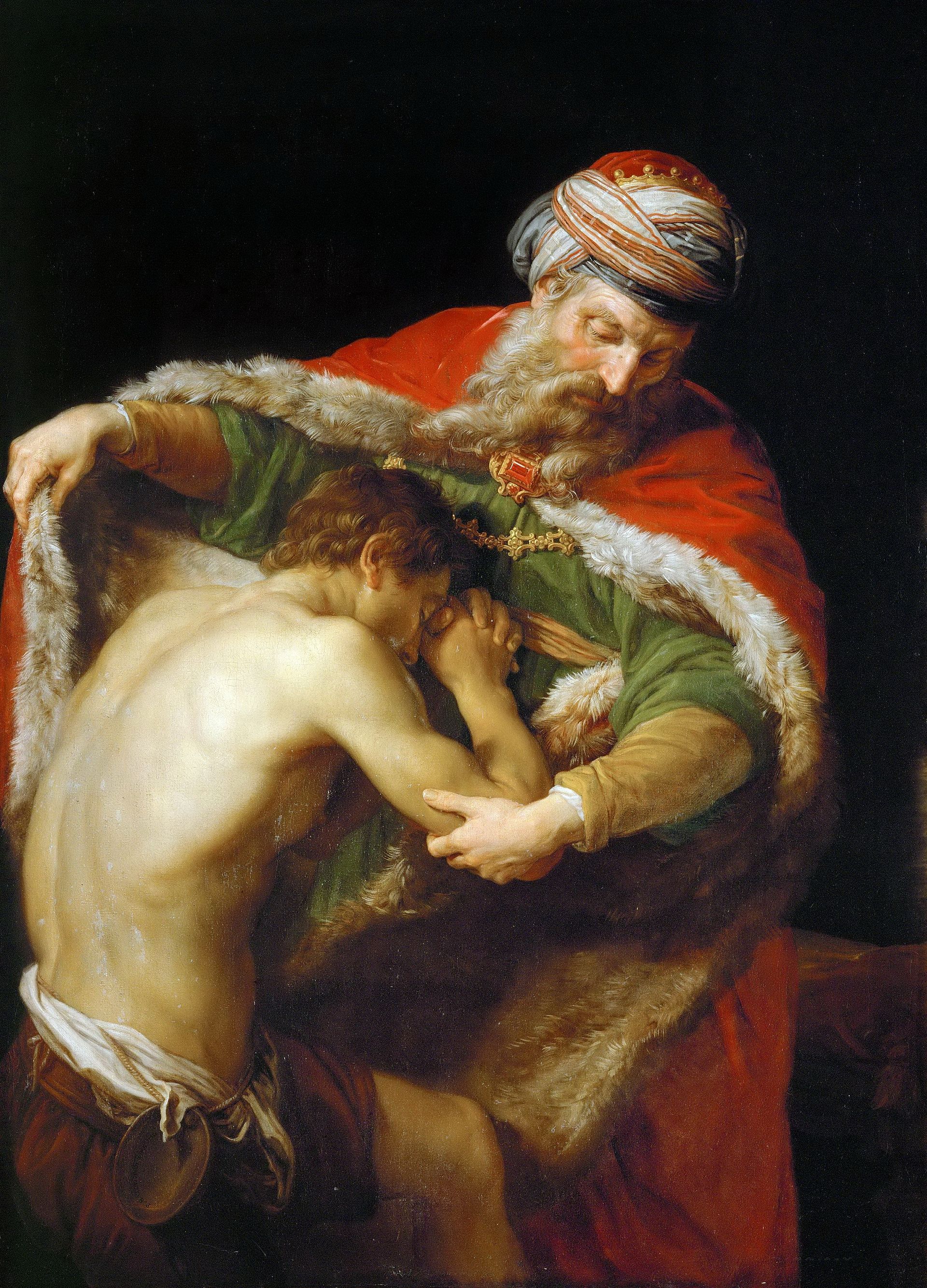
Today is Laetare Sunday, from the first word of the Latin Introit of the Mass, Rejoice. It’s also known as Mid-Lent Sunday and Refreshment Sunday, given that the rigours of the Lenten fast were relaxed for just a day in the middle of Lent. Perhaps today is better known as Mothering Sunday or, for most people, Mother’s Day, which is celebrated in other countries on the second Sunday of May. The title Mothering Sunday reminds us that the Church is our mother and that we were born anew from the womb of the font at Baptism. Catechumens preparing for Baptism the world over will be meditating on that wonderful image at this time as they look forward to the Sacraments of Christian Initiation at the Easter Vigil. But for most of us it’s Mother’s Day, so our prayers and greetings to all our mothers and grandmothers, living and departed. It’s a day of thanksgiving for their unconditional love for us and a day to thank God for the gift of these amazing women.
Our Gospel passage from Luke today, (Lk 15: 1-3; 11-32), is the Parable of the Prodigal Son, although it could just as well be called the Parable of the Forgiving Father or the Parable of the Unforgiving Son, as all three characters play an important part in the story. To understand what it’s about without jumping to conclusions we’ll take a look at the introduction which gives us the context in which Jesus used the parable. “The tax collectors and the sinners were all seeking the company of Jesus to hear what he had to say, and the Pharisees and the scribes complained. ‘This man’ they said ‘welcomes sinners and eats with them.’ So he spoke this parable to them.” The parable is a response to the criticisms of the scribes and Pharisees that Jesus welcomes sinners, such as tax-collectors and prostitutes, and eats with them. What they do not understand is that Jesus seeks their conversion and reconciliation with God, that he has come to search out and save those who have lost the way and gone astray. He comes as Saviour and Redeemer.
We know the Parable so well that I won’t repeat it here, but just refer to a few interesting points that might be of help to us in our daily lives as Christians. To begin with, we only meet the younger son. We might be surprised at his father’s reaction to his request for his share of the estate, yet young people can be convincing at times and his father probably had a soft spot for him. Instead of making his fortune and returning home rich and famous, “he squandered his money on a life of debauchery.” You could have seen it coming. His father must have known that this would happen. He ends up looking after pigs and longs to for a taste of their swill. Only when he reaches rock bottom does he come to his senses. He begins to think, “How many of my father’s paid servants have more food than they want, and here am I dying of hunger! I will leave this place and go to my father and say: Father, I have sinned against heaven and against you; I no longer deserve to be called your son; treat me as one of your paid servants.” We might question whether this is true repentance, but what is repentance if not acknowledging the truth of your situation? He also knows that his father is kind and forgiving and that he loves him. So off he goes. He must have looked a sight. What would the servants say? He was humiliated.
The parable then turns to the father, who in his heart of hearts is longing for his son’s return, no matter in what condition. He loves that boy! “While he was still a long way off, his father saw him and was moved with pity. He ran to the boy, clasped him in his arms and kissed him tenderly.” He is overjoyed at his son’s return. All that matters is that he has returned. He orders new clothes for him and a feast, the very best of feasts. His words are telling and they move us to tears. “This son of mine was dead and has come back to life; he was lost and is found.” He was dead and now he is alive; he was lost and now is found. We are reminded of the Death and Resurrection of Jesus by which we all return to life from the grave. But the story doesn’t end here.
What of the older son, whom we have not met until now? He is out in the fields working faithfully as he has done every day since his younger brother left home. He can hear music and dancing coming from the house. What’s it all about? He is really angry when he discovers what’s happened. Who wouldn’t be in that situation? He is so angry, he refuses to go in, so his father comes out to plead with him. He is so upset by what he sees to be an act of injustice on his father’s part, that he lets rip. “Look, all these years I have slaved for you and never once disobeyed your orders, yet you never offered me so much as a kid for me to celebrate with my friends. But, for this son of yours, when he comes back after swallowing up your property – he and his women – you kill the calf we had been fattening.” He was the hardworking, dutiful son, the obedient and reliant one. His father tactfully replies, “My son, you are with me always and all I have is yours. But it was only right we should celebrate and rejoice, because your brother here was dead and has come to life; he was lost and is found.” The parable doesn’t record the father’s words to his younger son on his return, only his words to his servants, but he speaks directly to his elder son, “My son, you are with me always and all I have is yours.” How much more could a father love his son? Even so, he should still rejoice at his brother’s return.
There the parable ends, suspended with no conclusion. Each one of us is required to finish the story. What happened next? Were I the elder son, what would I have done? Were I the father? Will the brothers be reconciled and embrace? Here we learn the ultimate lesson that the Bible is an unfinished work and is being written each day in our own lives. In fact, we are the authors of the living Gospel, the word of God that is spoken afresh each day to a world thirsting for truth, yearning for God, but now it is up to us to write the story.
